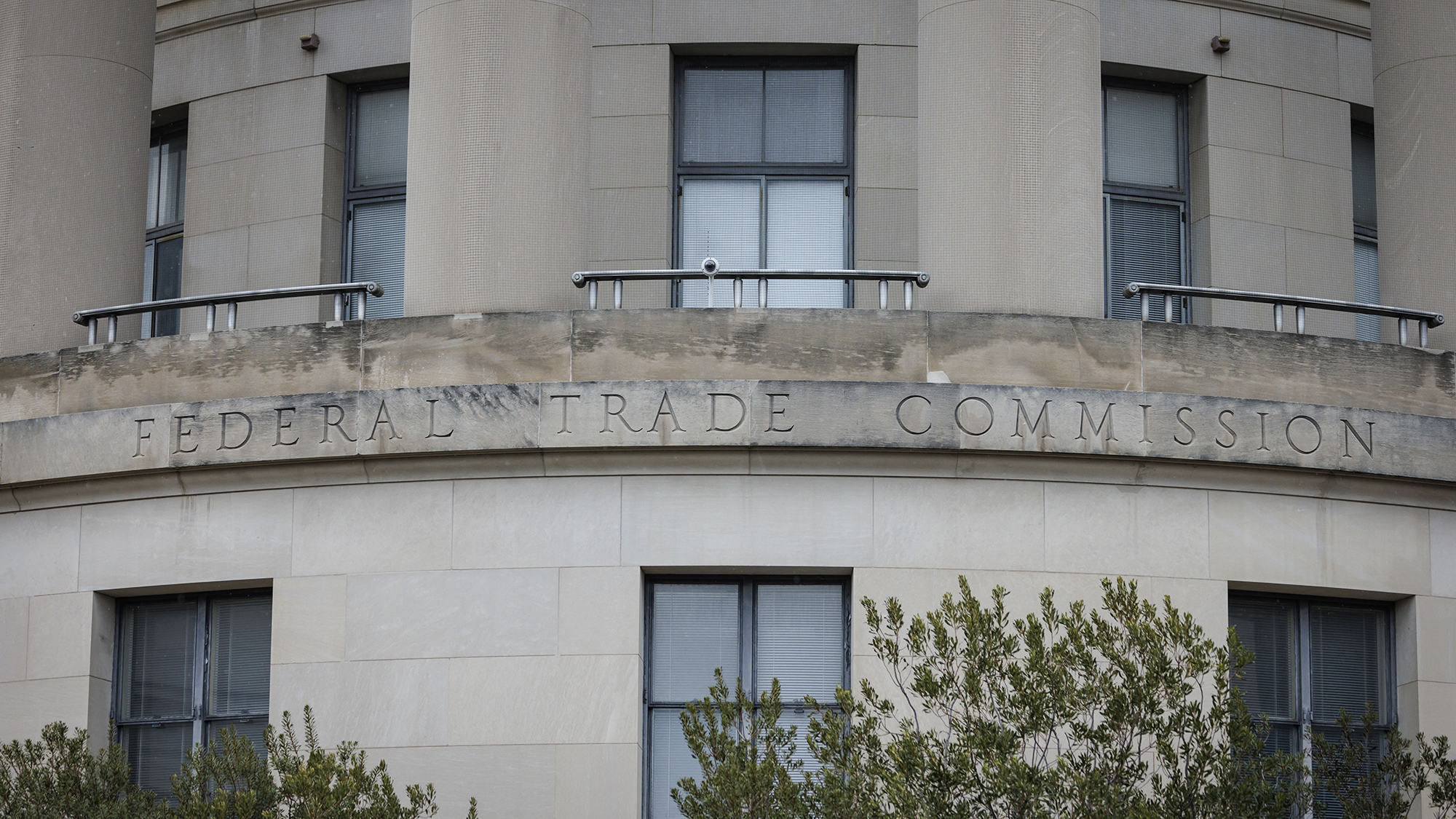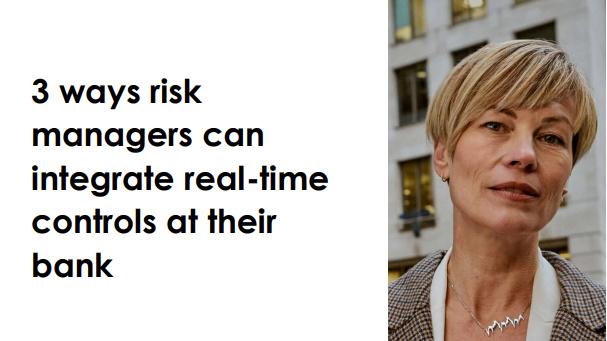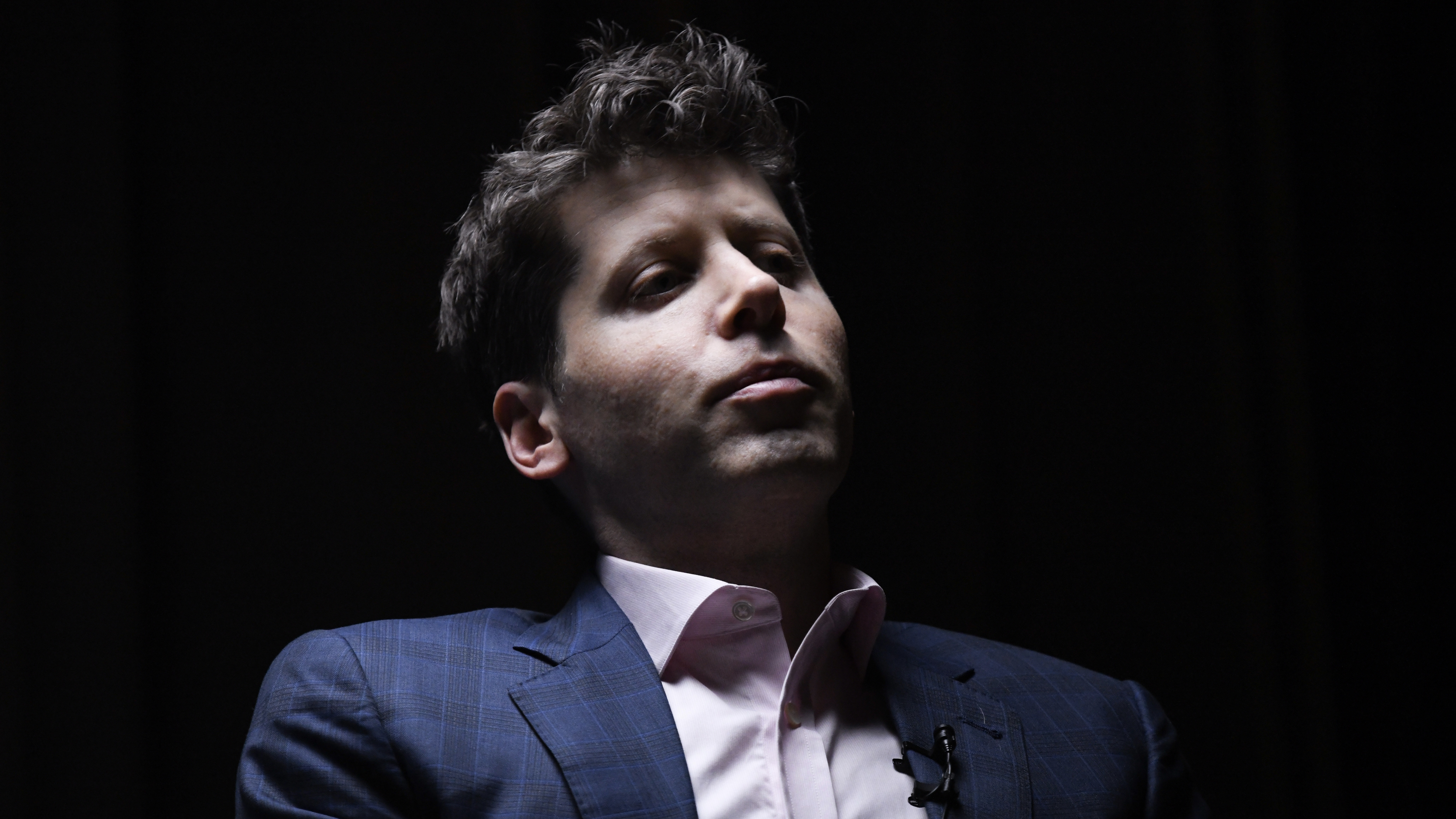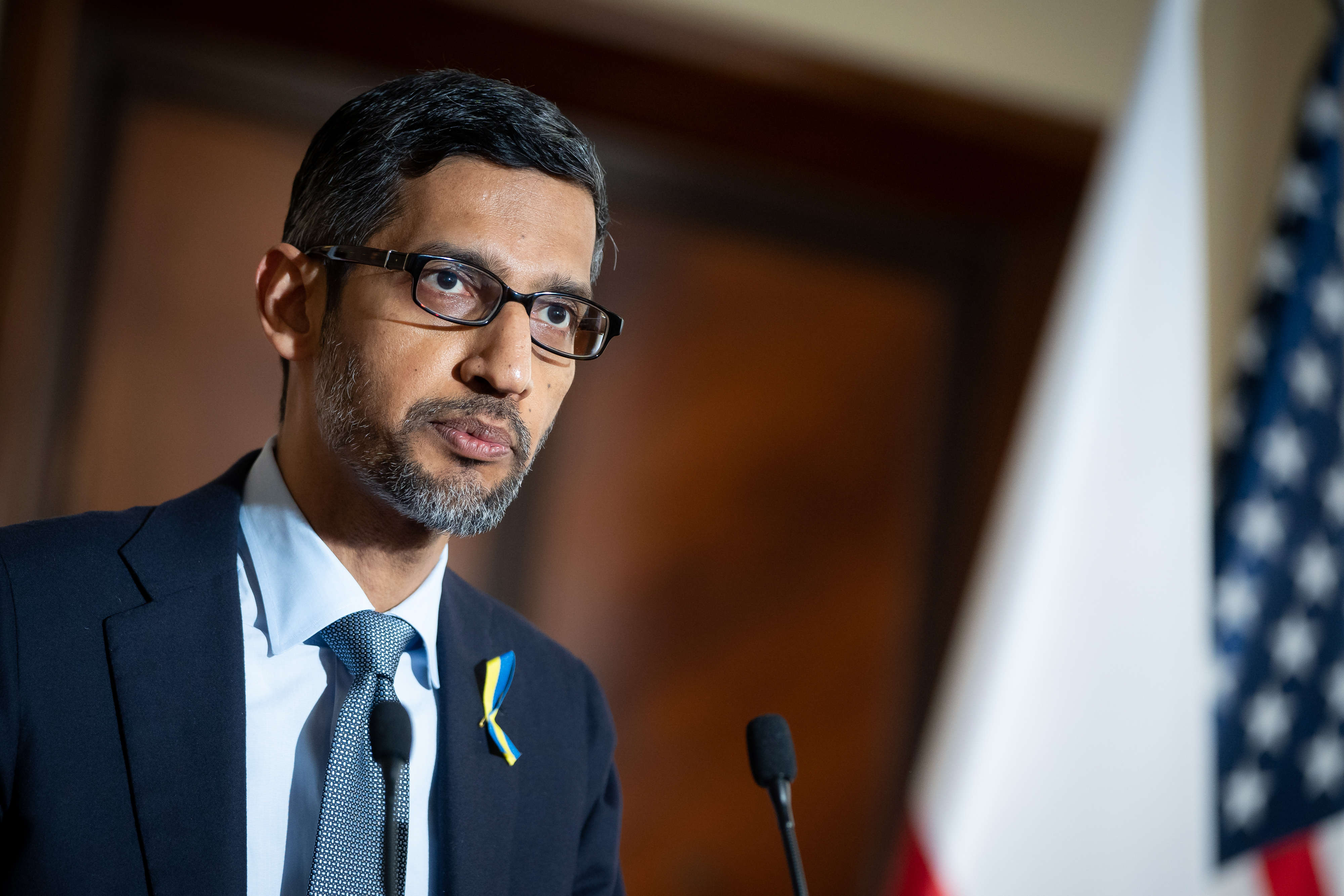FTC announces probe into big name AI investments
The inquiry will examine the relationship between major cloud providers and AI companies, including Microsoft and OpenAI


The Federal Trade Commission (FTC) has issued orders to five of the biggest names in cloud and artificial intelligence (AI), requiring them to reveal detailed information about recent investments and partnerships.
Cloud service providers Amazon, Microsoft, and Alphabet – Google’s parent company – as well as generative AI companies Anthropic and OpenAI received notification from the regulator on 25 January.
The commission is looking not only for information regarding specific investments, but also the strategic rationale behind such investments and the practical implications they have on decisions about new product releases or board level conversations.
The regulatory body also seeks to investigate the competitive impact of these partnerships by analyzing changes in market share, sales growth, and expansion.
“History shows that new technologies can create new markets and healthy competition,” FTC Chair Lina M Khan said in a statement.
“As companies race to develop and monetize AI, we must guard against tactics that foreclose this opportunity,” she added. “Our study will shed light on whether investments and partnerships pursued by dominant companies risk distorting innovation and undermining fair competition."
Not the first time AI investments have faced scrutiny
The FTC’s announcement comes as one of several responses to some hefty AI investments from the big name cloud providers.
Get the ITPro daily newsletter
Sign up today and you will receive a free copy of our Future Focus 2025 report - the leading guidance on AI, cybersecurity and other IT challenges as per 700+ senior executives
Microsoft’s $10 billion investment in OpenAI drew the most attention from regulators. It marks the largest single AI investment to date and occupies the bulk of the total $11.3 billion of investment that OpenAI garnered in 2023. Following this, the UK’s Competition and Markets Authority (CMA) announced an initial review into the relationship between Microsoft and OpenAI in December.
Read more
A month later, the European Commission announced it would conduct its own regulatory probe into the partnership in order to check “whether Microsoft's investment in OpenAI might be reviewable under the EU Merger Regulation”.
The relationship between the two companies has been intimate for some time. A coup at OpenAI pushed CEO Sam Altman into the arms of Microsoft, only for him to be rehired by OpenAI days later.
This is the first time Anthropic has found itself in the regulatory firing line, however, despite its relationship with another two big names in cloud: Google and AWS.
AWS announced it would invest $4 billion in the AI firm last year as a part of a “strategic collaboration” to improve Anthropic’s Bedrock services . This investment was quickly followed up by a pledge of $1.5 billion from Google on top of the $500 million it had previously given the organization.
All the companies involved have 45 days from receipt to respond to the FTC's demand.
Analysis: Why the evolution of generative AI reflects the problems with cloud

As companies weigh up the value of investment in various AI platforms, transparency surrounding backers will be key to making an informed decision. We can find a parallel for this process in the cloud market: Some businesses have found the OpEx model of cloud too costly in the long term and want to repatriate their cloud workloads, however they are facing heavy egress costs and vendor lock-in.
Attempts to prevent the AI market from falling into the same pattern – with ‘hyperscalers’ offering the most expansive services at the expense of robust competition – will help prevent the need for more drastic regulatory intervention down the line.
While OpenAI has been an AI frontrunner since late 2022, the likes of Anthropic have aimed to top the household name with products to compete with ChatGPT at the commercial and enterprise level. Google and Amazon’s belief that Anthropic offers a competitive edge is clear from their respective investments.
RELATED RESOURCE

Create coherent strategies for your digital transformation journey
DOWNLOAD NOW
But neither Google nor Amazon are neutral parties when it comes to AI model development, as both offer enterprise AI models of their own and have vast amounts of investment for AI in the pipeline. Both companies face the tricky task of explaining why Anthropic is worthy of billions of dollars in backing, but not so impressive that taking it off the board as a competitor won’t harm competition in the space.
Microsoft's exclusive agreement with OpenAI traces back to 2019, so in many ways, the firm has an easier task when it comes to regulatory investigation. The cloud giant may try to sell OpenAI as a shrewd investment that paid off rather than a poster child startup backed by reactionary funding delivered once it knew the way the wind was blowing when it came to generative AI. This angle is contingent on it selling its reported $10 billion investment in the firm as one of many long-term investments in OpenAI.
Greater investment in open source foundation models could help to quell any fears the FTC might have over harm to competition in the generative AI market. There has already been movement in this direction with AWS’ partnership with Hugging Face, intended to ‘democratize’ AI, or Meta and IBM’s alliance for the open development of AI.

George Fitzmaurice is a former Staff Writer at ITPro and ChannelPro, with a particular interest in AI regulation, data legislation, and market development. After graduating from the University of Oxford with a degree in English Language and Literature, he undertook an internship at the New Statesman before starting at ITPro. Outside of the office, George is both an aspiring musician and an avid reader.
-
 Bigger salaries, more burnout: Is the CISO role in crisis?
Bigger salaries, more burnout: Is the CISO role in crisis?In-depth CISOs are more stressed than ever before – but why is this and what can be done?
By Kate O'Flaherty Published
-
 Cheap cyber crime kits can be bought on the dark web for less than $25
Cheap cyber crime kits can be bought on the dark web for less than $25News Research from NordVPN shows phishing kits are now widely available on the dark web and via messaging apps like Telegram, and are often selling for less than $25.
By Emma Woollacott Published
-
 Three ways risk managers can integrate real-time controls to futurize operations at the bank
Three ways risk managers can integrate real-time controls to futurize operations at the bankWhitepaper Defining success in your risk management and regulatory compliance
By ITPro Published
-
 Why are AI innovators pushing so hard for regulation?
Why are AI innovators pushing so hard for regulation?Opinion Tech giants are scrambling to curry favor with lawmakers amid a pending regulatory crackdown
By Ross Kelly Published
-
 Sundar Pichai: AI keeps me up at night
Sundar Pichai: AI keeps me up at nightNews The Google chief warned that recent AI developments will have a profound impact on society
By Ross Kelly Published
-
 ChatGPT needs ‘right to be forgotten’ tools to survive, Italian regulators demand
ChatGPT needs ‘right to be forgotten’ tools to survive, Italian regulators demandNews ChatGPT users in Italy could be granted tools to have false information changed under new rules
By Ross Kelly Published
-
 US starts exploring “accountability measures” to keep AI companies in check
US starts exploring “accountability measures” to keep AI companies in checkNews The move follows Italy’s recent ban on ChatGPT due to data privacy concerns
By Ross Kelly Published
-
 Do we need an algorithm police?
Do we need an algorithm police?In-depth As algorithms move into their next phase of development with expanding AI, the need for regulation is becoming more apparent
By David Howell Published
-
 Why Uber will win the taxi wars
Why Uber will win the taxi warsNews European legislators are no match for the march of progress, claims French Digital Champion
By Jane McCallion Published
-
 US watchdog considers bitcoin regulation
US watchdog considers bitcoin regulationNews Derivatives regulator looks at whether electronic currencies such as bitcoin need to be regulated.
By ITPro Published
